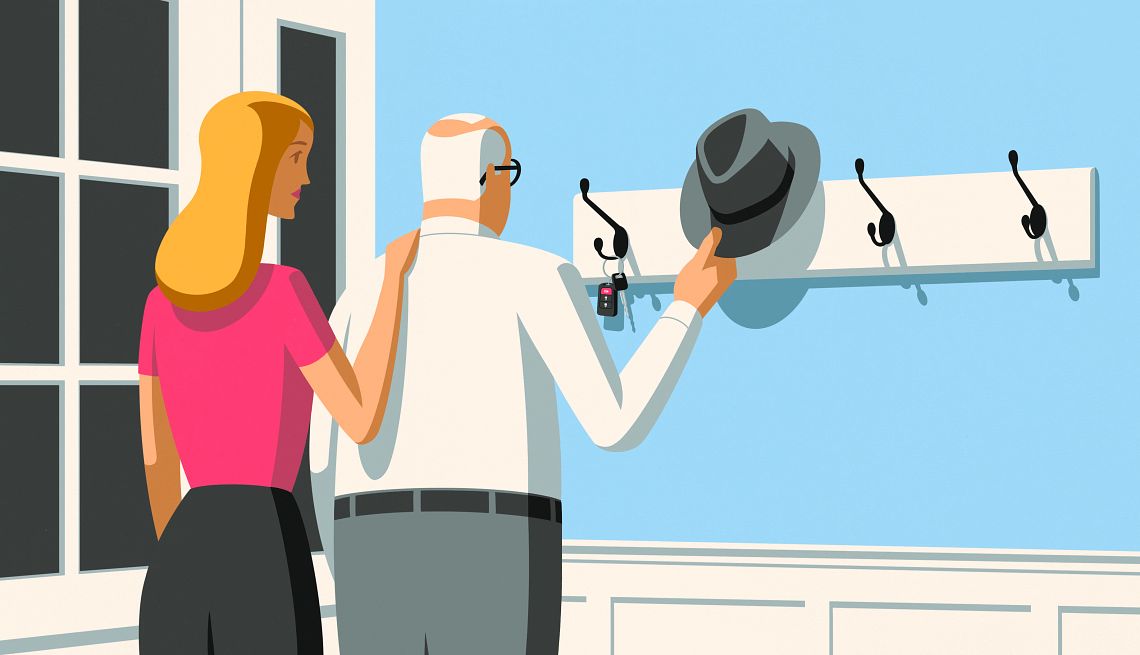
How to help parents navigate big life changes
- Select a language for the TTS:
- UK English Female
- UK English Male
- US English Female
- US English Male
- Australian Female
- Australian Male
- Language selected: (auto detect) - EN
Play all audios:

Phil Burns*, a prominent business owner in Oakland, California, with a legacy of philanthropy, was in his 70s when it became obvious that his cognition had begun to decline. His daughter
Caroline*, now 62, and her siblings realized that their family had no language to talk about what was happening. Their father had been the patriarch and their mother, his staunch supporter
and confidant, was also failing cognitively. “There was no admitting what was happening with my father, and he wouldn’t go near the doctor, so we couldn’t do anything,” says Caroline. “My
parents both lacked self-awareness of their deficits.” During this time, one of her father’s trusted assistants began covering for him, making decisions, signing papers and eventually
stealing from the business, claiming he had gifted her the money. “When my mom took a big fall, everything fell apart and we could bring in the doctors and put some guardrails in place,”
says Caroline. “But there was a lot of anger on [my Dad’s] part.” The conversation around age and executive function moved front and center this election year when President Biden withdrew
his candidacy. The nation debated the issue of when it’s time to step down, step aside, acknowledge the end of a chapter or simply admit our capabilities are different. How do caregivers and
family members assist in this process long before errors are made, dignity is wounded, or worse, someone is injured? “So many caregivers go through this challenge,” says Brent P. Forester
M.D., 58, the Dr. Frances S. Arkin Chair of Psychiatry at Tufts University School of Medicine and chairman for the Department of Psychiatry at Tufts Medical Center. Working with dementia
patients, Forester thinks a lot about what happens to older, productive members of society who want to figure out what’s next. “At some point, the people closest to them may have to step in
and guide, advise or gently nudge the person,” says Forester. “Society needs to consider a multi-faceted, holistic approach toward decisions at this phase of life, including coaching and
peer support.” RECOGNIZE NORMAL AGING VS. DEMENTIA But what and when is “old age” exactly? “Because aging depends on so many different factors, for many, the thought of giving up work can
be crushing,” says Forester. “People can be at the top of their game in certain ways in their 80s, and when people love what they do, it’s connected to their professional and personal
identity. Airline pilots have a mandatory retirement age, but there’s no set end date for a neurosurgeon to operate.” Cognitive changes don’t always affect the day to day, says Forester. “A
little memory loss doesn’t necessarily raise the red flag. Half of Americans don’t get diagnosed with dementia until they can no longer drive or pay their bills. We need to give families
more support and encourage people to pay more attention to what is ‘normal aging’ and what’s dementia.”
